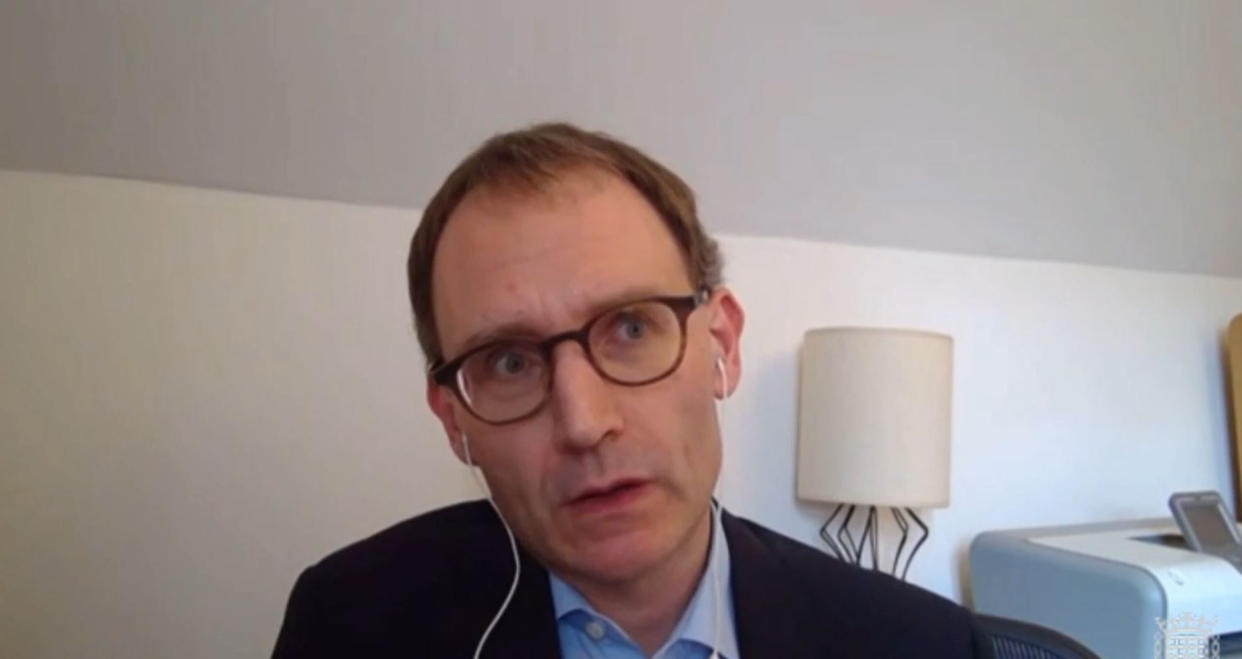Blow for 21 June reopening as Indian Covid variant likely to be 60% more infectious than Kent
The Delta coronavirus variant is about 60% more transmissible than the previously-dominant Alpha variant, Neil Ferguson has said.
It’s a bad sign ahead of Boris Johnson’s announcement on Monday over whether England’s lockdown will end as planned on 21 June.
The Delta variant, first identified in India, has replaced the Alpha variant, first identified in Kent, as the dominant strain of the virus in the UK. It now comprises 91% of Covid-19 infections in the UK.
Prof Ferguson is the scientist whose modelling convinced Johnson to impose the first national lockdown in March last year.
When comparing the increased transmissibility of Delta to Alpha, he said: “We think 60% is probably the best estimate, ranging from about 40% to 80%.”

Previous University of Warwick modelling, considered on 12 May by the Scientific Pandemic Influenza Group on Modelling (SPI-M-O), indicated a variant 50% more transmissible could lead to a peak of more than 20,000 daily hospital admissions in the middle of July.
The second wave peak on 12 January saw 4,578 patients admitted to hospital.
Prof Ferguson, though, said on Wednesday it is currently too early to predict how the rising Delta variant case numbers “will translate into hospitalisations – but it is well within the possibility that we could see a third wave at least comparable in terms of hospitalisations... as the second wave."
While only three people who have received both vaccines have been hospitalised after being infected with the Delta variant, there are still more than 20 million adults who need to get their second jab.
Hinting at ministers’ thinking, Prof Ferguson said any delay to the end of lockdown “will be to gather more data and to vaccinate more people – and in the modelling we see benefits of getting more vaccines into more arms”.
The admission came as he also said the UK is facing a “substantial third wave” due to the spread of the Delta variant.

Driven by this more transmissible variant, infections have once again started to accelerate: 7,540 were recorded on Wednesday, the highest number since 26 February.
It possibly explains why Boris Johnson was striking a cautious tone in an interview on Wednesday, in a possible hint the end of lockdown could be delayed.
For the first time since step three of the road map out of lockdown on 17 May, Johnson refused to say there was “nothing in the data” to suggest the 21 June unlocking could be at risk.
This mantra had previously been repeated on at least five occasions by either Johnson himself or his official spokespeople.
Watch: Matt Hancock claims he was told asymptomatic transmission evidence was 'mistranslated'


